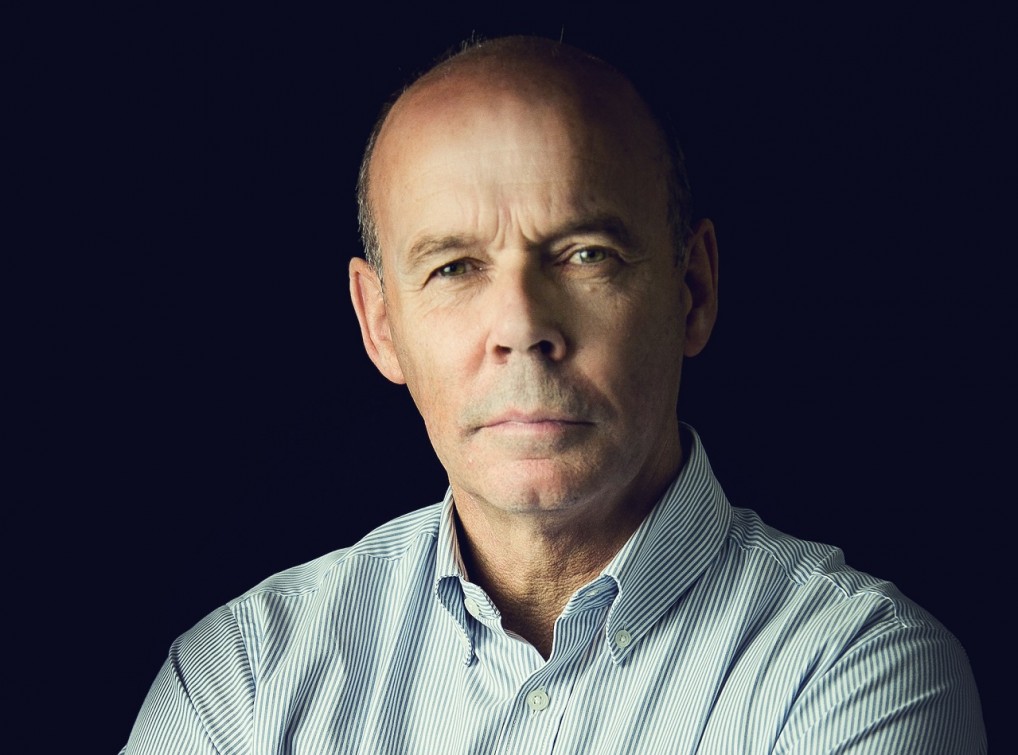Sir Clive Woodward and CEO of Man Group discuss the methods of the learning leader
- 4 Min Read
There are many theories around what makes a good leader: charisma, flexibility, humility, integrity. But while all the theories are helpful, the importance of execution – of developing an effective method of leadership – is the ultimate test. For Sir Clive Woodward, the real learning begins when the theorising ends, and the work begins. Over […]
- Author: Rachel Montgomery-Young
- Date published: Dec 14, 2017
- Categories

There are many theories around what makes a good leader: charisma, flexibility, humility, integrity. But while all the theories are helpful, the importance of execution – of developing an effective method of leadership – is the ultimate test.
For Sir Clive Woodward, the real learning begins when the theorising ends, and the work begins. Over the course of his roles as Head Coach of the England team that won the World Cup in 2003 and Director of Sport for Team GB at the London 2012 Olympics, Sir Clive has developed what he calls the 3D Learning method that aims to identify, capture and act on lessons learned.
“The three Ds are simple: discover, distil and do,” he explains. “They are all key to developing a great team through learning: Discover what’s working, and what’s not; Distil that down to a few key points; and then Do: really go hard on getting the execution right.”
And a key plank of the next phase of this centres around 4D learning, where organisations can now incorporate mobile technology into their learning infrastructure, underlining that a digitally supported learning approach is key. By doing this, leaders are able to deliver continuous and reinforced learning on a daily basis
Lines of communication
Sir Clive said that to get those steps down involves a lot of hard work, and principally demands that leaders prioritise their own learning in order to create an environment where every member of the team is heard, and that the door is always open to good ideas, no matter the source.
And the key here is collaboration. “There’s no point developing great ideas if you’re not able to share throughout the organisation,” Woodward says. Working together to share these lessons is massively important in changing learning habits.”
“We all love leading, but the key thing is that you as a leader are continuing to learn, and updating your knowledge – you need to be a sponge, and so do your team,” he says.
“The other key point is to develop a culture within your teams that the learning has to go in both directions,” he stresses. “Just having one person dispensing wisdom will soon see the inspiration run dry. So the secret is to get knowledge flowing both ways.”
Share and share alike
Sir Clive has honed his leadership methods over a career in business and sport that has taken both success and failure. He has wholeheartedly embraced the concept of sharing knowledge, whether that’s bringing business leaders into the dressing room, or taking the lessons of sports motivation into the boardroom.
“As long as there are good ideas coming out of that exchange, that’s the key. I invited countless people into our set-up and without exception every single one left us with a new idea on how to improve.”
Woodward is clear that leaders must focus on fostering that collaboration. It’s that belief that led him to take a leading role in the development of the Hive Learning app, which has at its core the principle that capturing and sharing lessons across the organisation makes it a more dynamic and innovative place to work.
“The most important things we’ve learnt in the journey to develop the app, through working with companies like Sainsburys, Jaguar Land Rover and Sky is that technology can play a valuable role in helping learning to be shared right across the business – to enable a culture of continuous improvement to flourish.”
Keeping it going
That is a resonant message for Luke Ellis, chief executive of the Man Group, who has, in his thirty-year career as leader insisted on driving performance improvements year on year. But that’s not always easy, unless leaders give equal weight to learning and development. Indeed, Ellis believes the importance of learning is most keenly felt when a business begins to achieve real success.
“I always think it’s terribly dangerous when organisations set goals – despite it being an acceptable norm to get everyone pulling in the same direction,” he says.
“But once you achieve those goals, businesses go through a very flat period. And you lose the ability to keep improving. So I never set numerical goals – it’s about being better every year through collaborating and learning from each other. The leader that can get that balance right is onto a good thing.”
To learn more about Hive Learning visit www.hivelearning.com where you can join our waiting list for upcoming events.









